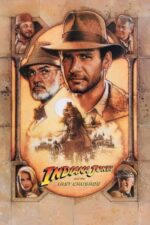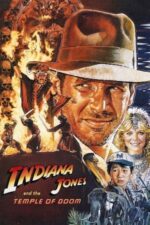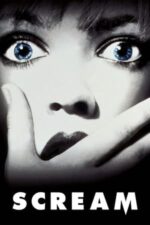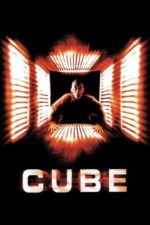The Allure of the Unknown: Why We Love Riddles in Film
Isn't there something inherently captivating about a good riddle? That feeling of being challenged, of having to think, of slowly piecing together fragments until a satisfying “aha!” moment arrives? It’s more than just intellectual exercise; it taps into our primal desire for understanding and control. And that fascination has translated beautifully – and often brilliantly – onto the silver screen.
We see it in so many forms, really. Think about Scooby-Doo! Meets the Boo Brothers. Sure, it's a cartoon aimed at kids, but even there, the core of the plot revolves around unraveling a mystery presented as a series of clues and spooky encounters. It’s a simplified version, sure, but it establishes that fundamental appeal: the joy of discovery.
But riddles in film aren’t always about ghosts and goofy dogs. King Solomon's Mines uses geographical puzzles and ancient lore to drive its adventure narrative – the quest itself is essentially solving a giant riddle left by a long-lost civilization. The thrill isn’t just in finding treasure, but in understanding the clues that lead you there. It’s about feeling clever, like you’re unlocking secrets others can't.
What gets really interesting is when riddles become psychological tools. Fallen, for example, uses a copycat killer as a kind of twisted riddle – each murder a message designed to taunt the detective and force him to confront his own past. It’s less about solving a “what” and more about understanding a "why," which is often far more unsettling. Cube takes this concept even further, trapping its characters in a literal puzzle box where survival depends on deciphering the environment's logic – a truly claustrophobic and intellectually demanding experience.
And then there’s Life Is Beautiful. This film offers perhaps the most poignant example of all. Guido uses elaborate games and playful deception to shield his son from the horrors of the Holocaust, essentially crafting an ongoing riddle designed to preserve innocence in the face of unimaginable cruelty. It's a heartbreaking demonstration of how vital storytelling – even fabricated narratives – can be for survival and maintaining hope.
Finally, Scream cleverly subverts the slasher genre by making the killer’s motives and methods a meta-riddle referencing horror tropes. The characters are not just fighting for their lives; they're trying to decode the rules of the game being played with them.
The beauty is that riddles in film aren’t limited to one genre or style. They can be playful, terrifying, heartbreaking, or thought-provoking. What they all share is a core element: they invite us to engage actively, to participate in the storytelling process. And isn't that what makes movies so endlessly rewarding?






































